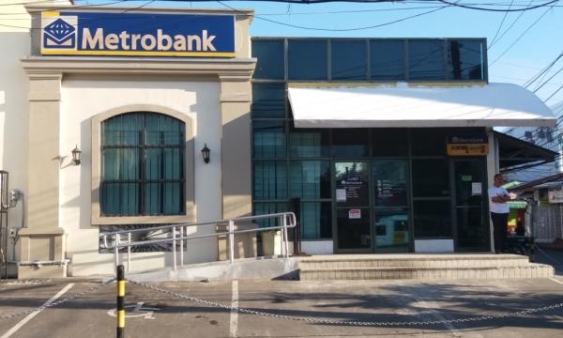
Philippine banks agree on $410m debt-equity swap to save troubled Hanjin
The five creditors have agreed to swap debt for shares in the parent firm.
Philippine banks have agreed to a $410m debt for equity swap in the local shipbuilding unit of Hanjin Heavy Industries & Construction (HHIC) in a move that aims to facilitate the recovery of the troubled shipbuilder and minimise losses from the country’s largest corporate default.
HHIC said that its five creditors Rizal Commercial Banking Corporation, Land Bank of the Philippines, Metropolitan Bank & Trust, Bank of the Philippine Islands and BDO Unibank would swap their debt to the shipyard in exchange for equity in the parent company in a move that will see Hanjin being partly owned by Philippine lenders after the deal. The shipbuilder is planning to submit the debt restructuring plan to by the end of February for approval.
"We expect that the debt for equity deal with creditors at home and abroad will help us overcome capital erosion and the risk related to the Subic shipyard, normalising management of the company quickly," HHIC said in a statement. "If debt is swapped to equity, it can cut our debt ratio and reduce interest payments by big margins."
The exposure of Philippine banks is estimated at $412m with local media reports calculating RCBC’s loan exposure at $140m; followed by Land Bank with an estimated $80m; Metrobank, $72m; BPI, about $60m and BDO, $60m. The combined loan exposure represents the largest corporate default in the country’s banking industry as Hanjin’s loans are larger than the $386m of losses banks had to declare as a result of the global financial crisis in 2008.
Also read: Philippine banks' bad loan ratio to hold steady at 3.5% in 2019
HHIC is also asking its creditors in South Korea to swap their $900m debt for equity, reports Nikkei Asian Review.
Despite the loan exposure, analysts have remained positive that Hanjin's ongoing recovery is unlikely to deal a heavy blow to the country’s banking system as the company’s debt only accounts for about 0.24% of the Philippines’ total loans and 2.48% of foreign currency loans, according to central bank data.
“This represents less than 1.25% of the total assets of RCBC, which could be the worst hit, whilst the impact is even smaller for the least affected BDO bank, constituting just 0.11% of total assets, according to our estimate,” Fitch Solutions said in an earlier report. “Even if in the event that the consortium of Philippine banks call for the forced sale of the Hanjin shipyard to strategic investors, the value of the company’s assets is said to outstrip its loan liabilities.”






















 Advertise
Advertise








